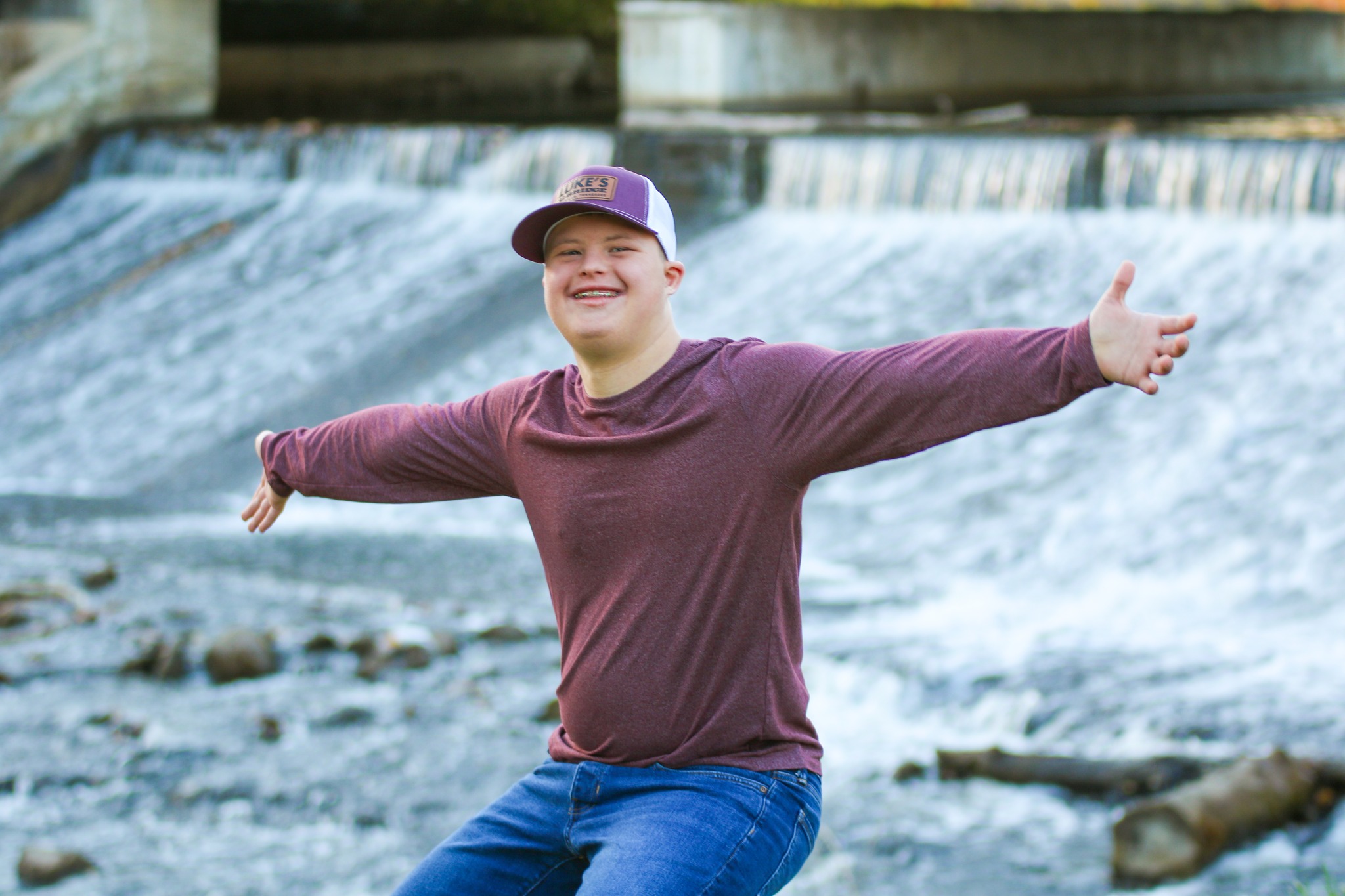How Inclusion Begins
Growing up, Wil has loved boat rides with his Grandma and Grandpa. So when his sisters were invited on an impromptu trip around the lake with some of the neighbor’s kids, they jumped on — and Wil stayed back with his grandparents.
My dad noticed a shift in Wil’s demeanor. He didn’t say anything, but my dad could feel it — that quiet pause, the internal processing. He turned to my mom and said, “Wil wanted to go too.” They decided they’d take Wil out for his own boat ride to lift his spirits. So off they went, stopping at his favorite swim spots along the way. Wil jumped in the water as he always does, with my parents jumping in with him. It worked — his mood lifted (there’s good reason Wil adores his grandparents!).
But the moment they returned to the dock, Wil spotted his sisters and the neighbors hanging out in the yard. My mom said he couldn’t get off the boat fast enough to join them.
Whenever Wil turns a corner in maturity, I feel a sudden wave of sadness for him — and then, not long after, I’m chuckling at his light-hearted ingenuity.
This summer in speech, Wil is working on initiating conversations. He struggles with finding ways to insert himself — to say things like, “Hey! I want to go too!” It seems so simple, but that’s just not in his current arsenal. He wanted to go, but didn’t know how to insert himself. But eventually, he found his way.
Processing time may be slower for Wil, but that does not mean his ways are not effective.
I share this story because no one intentionally left Wil out. In the past, he’s always chosen boat rides with his grandparents — that’s been his comfort zone. If he had said he wanted to go, he would’ve been welcomed. So sometimes, inclusion isn’t about purposeful exclusion. It’s about learning how to speak up — and that’s exactly what Wil is learning to do now.
I’m curious now to see if Wil does start to speak up more. He’s entering a new season — he’s graduated high school, and he’ll be around new people who don’t know him as well. They won’t read his cues the way longtime friends have. That shift will come with challenges, but maybe also with opportunities.
Because often, inclusion really just begins with getting to know someone. And showing up — or speaking up — in a way that you can be known.

